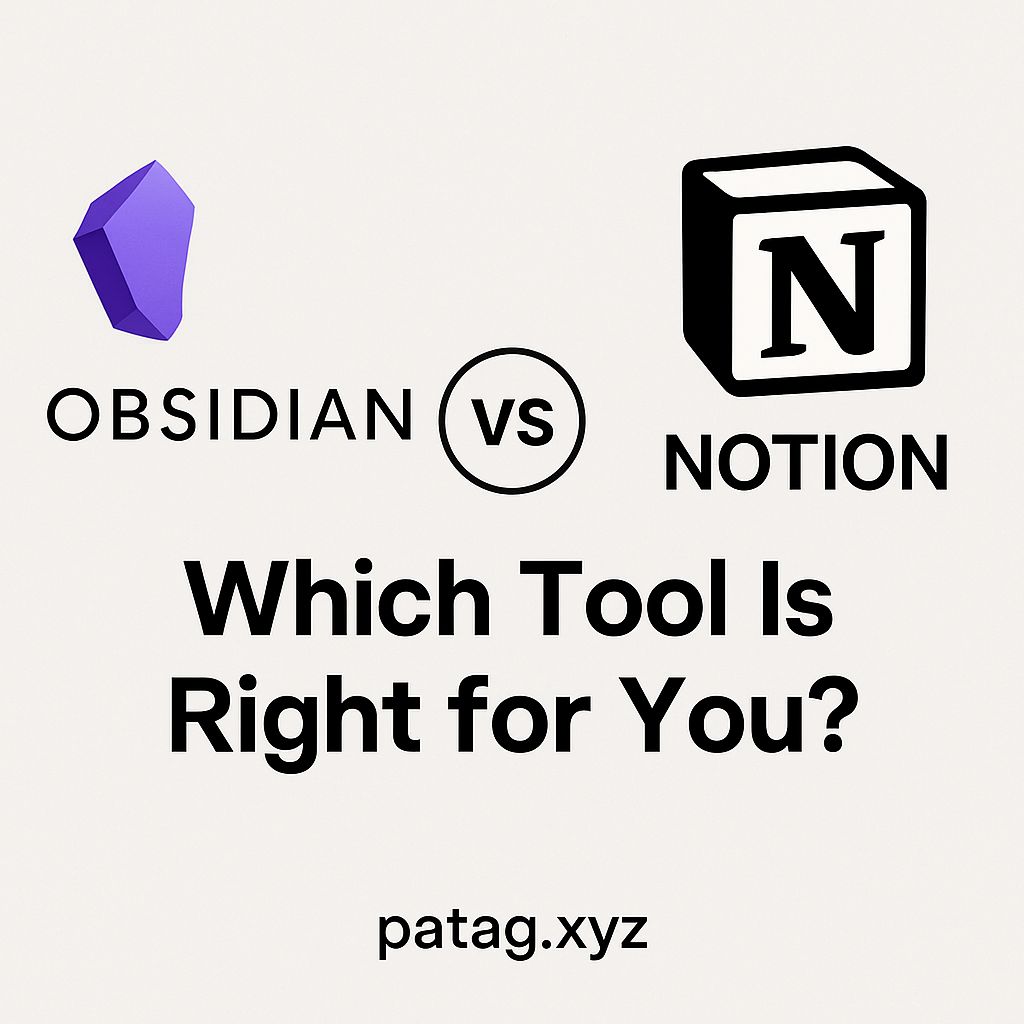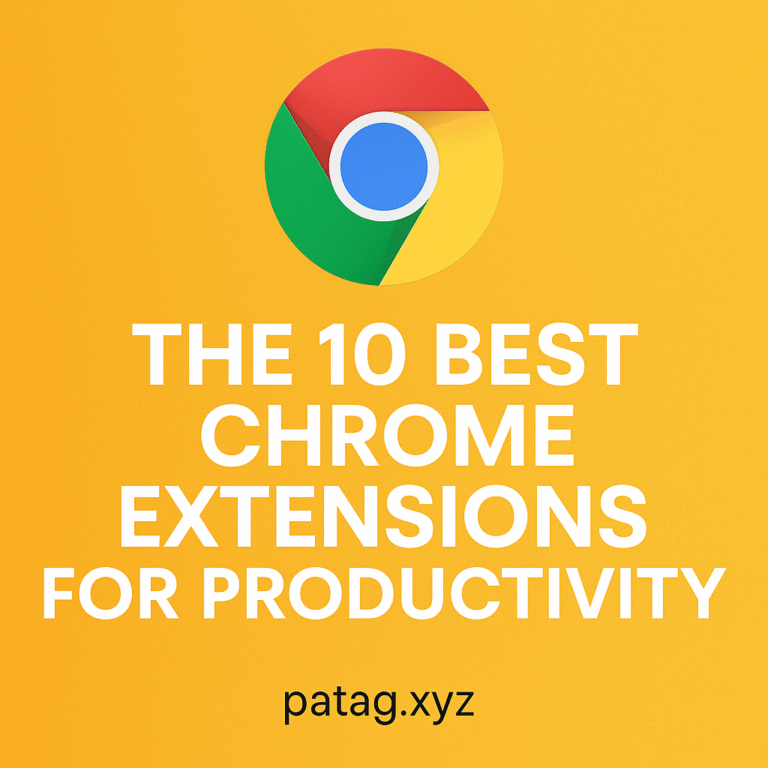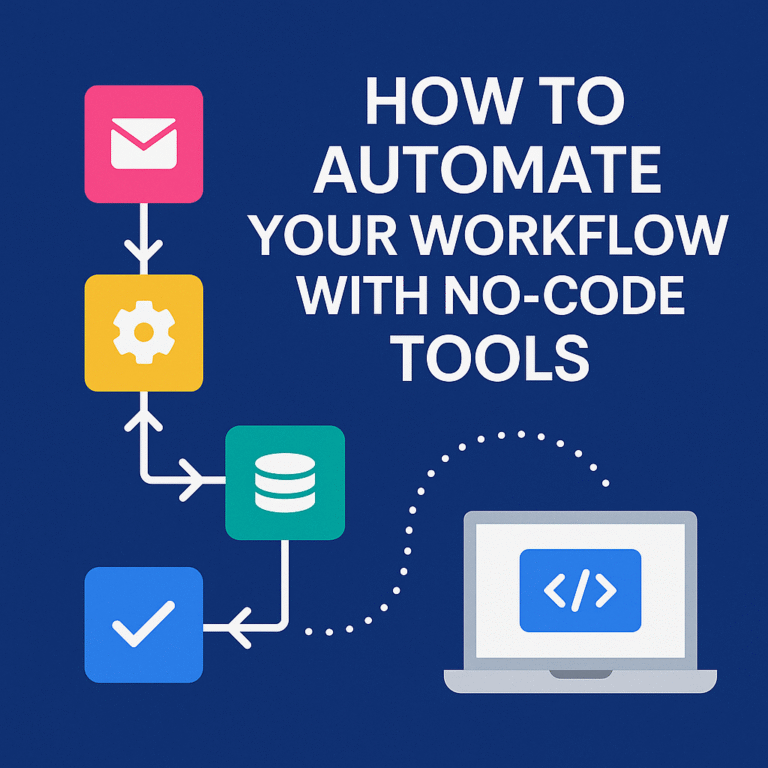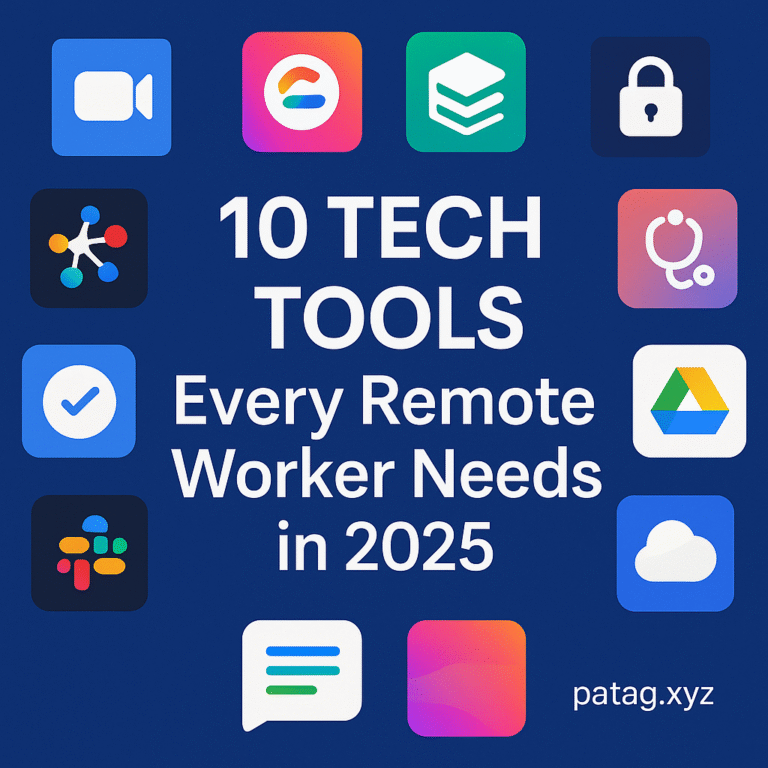In the age of digital productivity, knowledge management tools have become essential for creators, professionals, and teams. Two of the most popular platforms in this space are Obsidian and Notion. Each brings unique strengths, but their core philosophies are quite different. Choosing between them can feel overwhelming if you’re not clear on your workflow needs.
In this article, we’ll break down their differences, compare features side by side, and help you decide which is right for your personal or professional life.
Quick Overview of Both Tools
What Is Obsidian?
Obsidian is a powerful note-taking app that stores data in local Markdown files. It’s designed for individuals looking to build a knowledge base using backlinking and graph views. It works completely offline and emphasizes data ownership.
What Is Notion?
Notion is an all-in-one cloud-based productivity app that combines notes, tasks, databases, wikis, and collaboration features. It’s user-friendly and widely adopted by teams and individuals for organizing everything from project plans to personal journals.
Key Differences at a Glance
| Feature | Obsidian | Notion |
|---|---|---|
| Storage | Local Markdown files | Cloud-based |
| Offline Access | Full | Limited |
| Collaboration | Minimal (via plugins) | Robust (real-time) |
| Learning Curve | Medium | Low |
| Customization | High (via plugins) | Moderate |
| Ideal For | Writers, Researchers | Teams, Planners |
In-Depth Comparison
1. Interface and Ease of Use
Obsidian offers a clean, minimal interface centered around writing. Its pane-based UI supports multiple notes open at once, and themes/plugins allow for deep personalization. However, it requires a learning curve for new users.
Notion uses a block-based system, allowing drag-and-drop organization of text, databases, media, and embeds. It’s highly intuitive, especially for beginners, and doesn’t require knowledge of Markdown or plugins to be functional.
2. Data Ownership and Privacy
Obsidian stores notes locally, giving users full control over their data. This appeals to those concerned with privacy and security. Files can be synced using Obsidian Sync or third-party solutions like Dropbox.
Notion is cloud-based, meaning your data is stored on Notion’s servers. While convenient for real-time collaboration, this raises potential privacy concerns for sensitive or proprietary information.
3. Features and Flexibility
Obsidian is designed for building a personal knowledge base. Features like backlinks, graph views, and custom vaults make it perfect for Zettelkasten or interconnected note-taking. Plugins add support for daily notes, kanban boards, and more.
Notion shines as a multi-tool workspace. Its strengths lie in databases, task boards, templates, calendars, and web clipper. While it doesn’t support backlinks as natively or visually as Obsidian, it excels in structured data management and collaboration.
4. Collaboration and Sharing
Collaboration is where Notion dominates. You can invite team members, leave comments, assign tasks, and edit in real time. Workspaces make it easy for teams to manage projects, wikis, and documents together.
Obsidian is primarily built for solo use. While you can sync across devices and share files via third-party tools, there is no built-in collaboration or multi-user editing without significant setup.
5. Offline Access
Obsidian runs fully offline by default. All your notes are local, and you don’t need an internet connection to use it.
Notion is cloud-first and requires an internet connection for most functionality. Limited offline support exists on the mobile app but is not reliable enough for consistent work.
6. Mobile Experience
Obsidian’s mobile app mirrors its desktop version but has some limitations in plugin support. Still, it offers good offline capabilities and Markdown editing on the go.
Notion’s mobile app is polished and full-featured. It allows users to edit and view notes, databases, and tasks. However, its offline mode remains a common complaint.
7. Pricing
- Obsidian: Free for personal use. Paid services include Obsidian Sync and Publish.
- Notion: Free for individuals. Paid plans offer team features, admin tools, and advanced permissions.
Use Case Scenarios
Best for Personal Knowledge Management: Obsidian
Writers, researchers, and thinkers who value data ownership, Markdown formatting, and deep-linking will feel right at home in Obsidian.
Best for Team Collaboration and Planning: Notion
Teams that rely on shared documentation, structured task management, and real-time collaboration will benefit most from Notion’s powerful team features.
Best for Students: It Depends
Students who take lots of lecture notes and like organizing knowledge visually may prefer Obsidian. Those who need group project tools, calendars, and to-do lists may find Notion more suitable.
Pros and Cons
Obsidian Pros:
- Full control over data
- Fast and responsive
- Deep customization
- Great for knowledge mapping
Obsidian Cons:
- Limited collaboration
- Plugin system has a learning curve
- No native cloud features without subscription
Notion Pros:
- Easy to use and visually rich
- Excellent for team projects
- Highly flexible workspace
- Real-time editing and sharing
Notion Cons:
- Slower performance with large pages
- Limited offline access
- Cloud storage raises privacy concerns
Final Verdict: Which Tool Should You Choose?
Choose Obsidian if:
- You prioritize privacy and data control
- You work primarily solo
- You want a powerful PKM system with backlinks
Choose Notion if:
- You need strong collaboration features
- You manage teams or projects
- You prefer all-in-one flexibility with less setup
Conclusion
Both Obsidian and Notion are exceptional tools, but they cater to different types of users. If you’re building a personal knowledge system or need total control over your notes, Obsidian is likely your best bet. If you’re managing projects, working with teams, or love rich templates and collaborative tools, Notion may serve you better.
Still can’t decide? Try using both: Obsidian for deep note-taking and private ideas, Notion for project management and team documentation.
Which one are you using or planning to use in 2025? Let us know in the comments!



